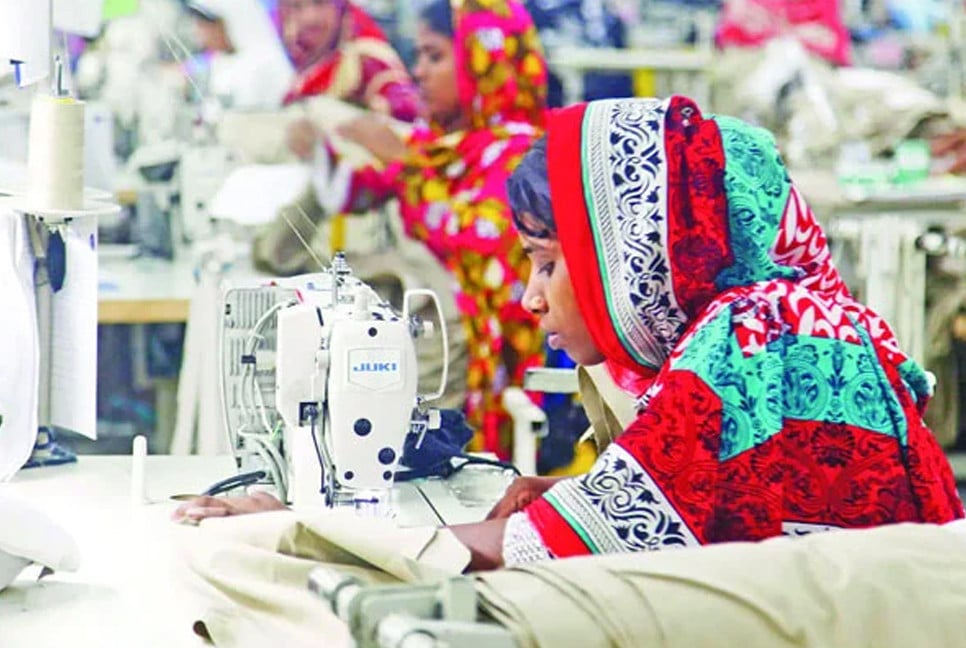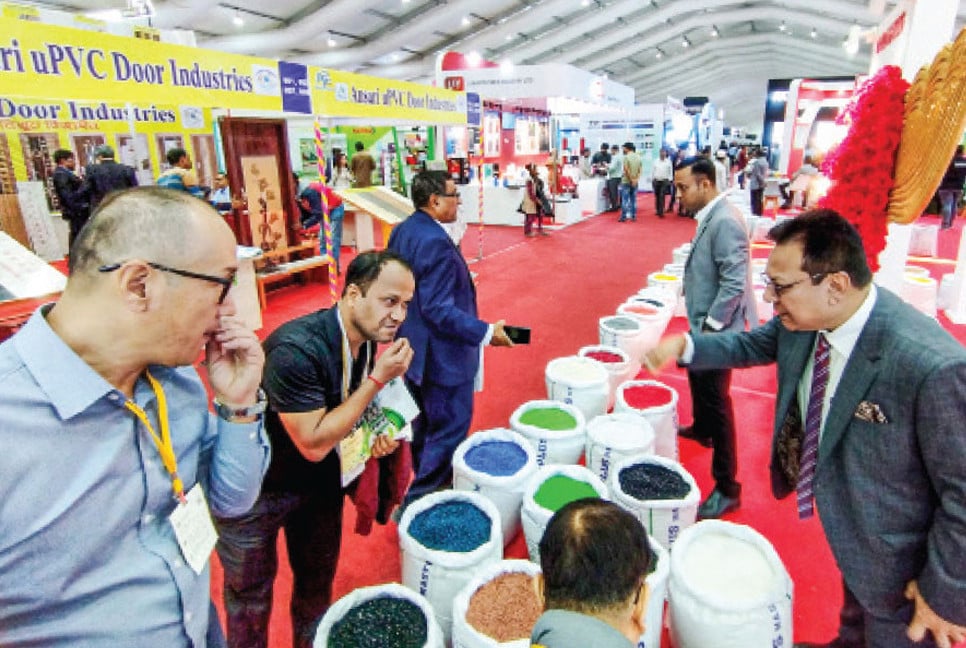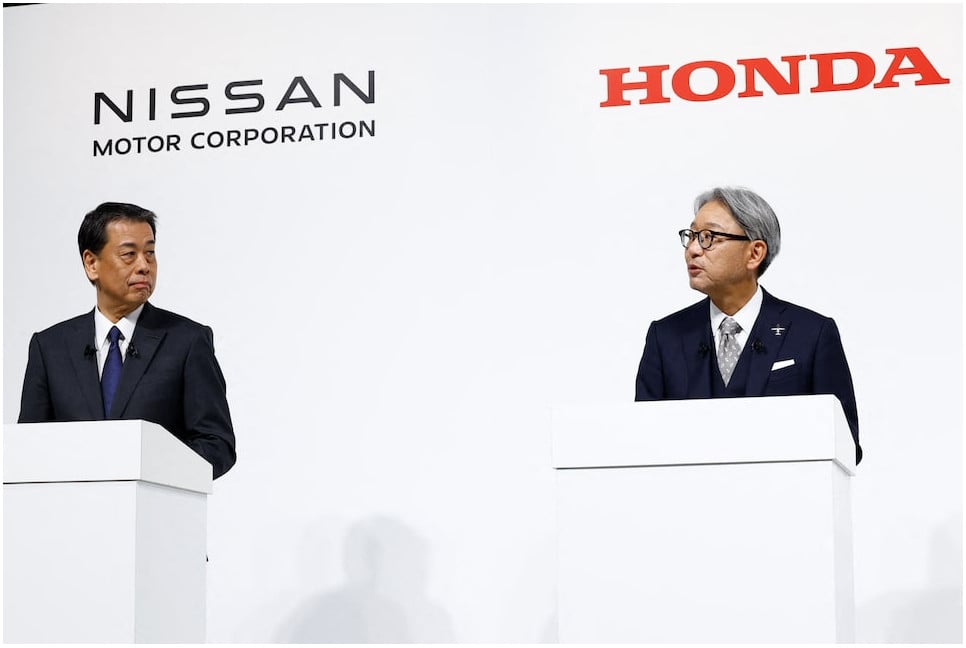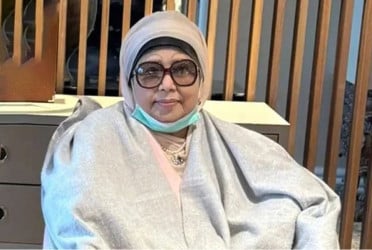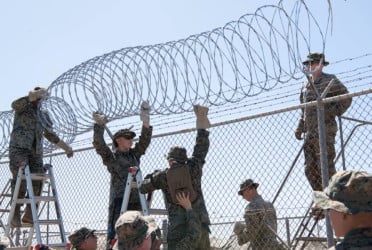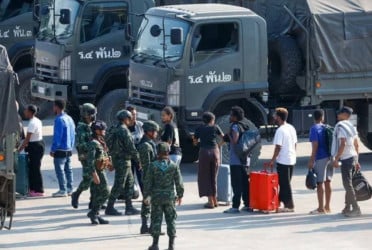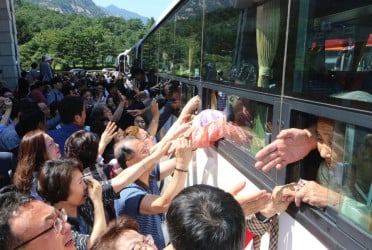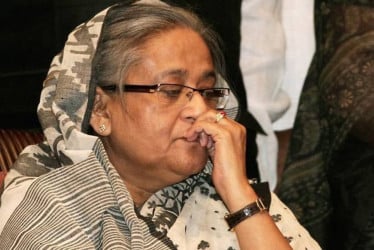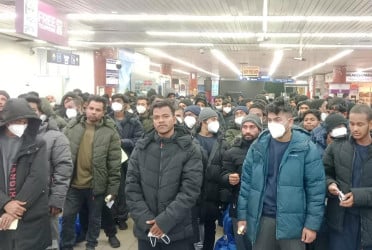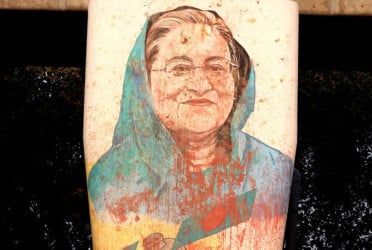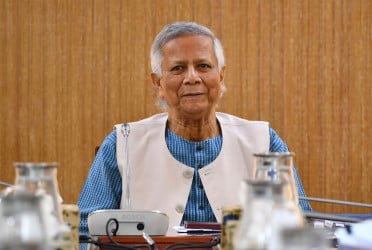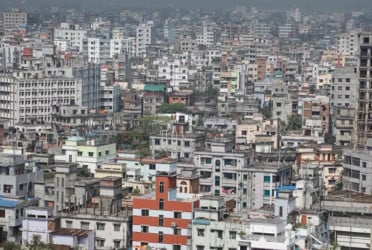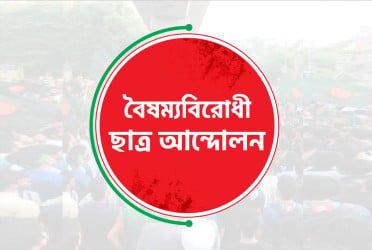Garment factory owners in Chattogram are alarmed by growing labour unrest. Over the past two weeks, protests have occurred in at least eight factories, causing the shutdown of two. While industry leaders are working to address the situation, instability remains a frequent issue in various factories.
After protests calling for higher food and medical allowances, the owners of Pacific Casuals Limited in the Chattogram Export Processing Zone (EPZ) decided to shut down two of their units indefinitely last Sunday.
The factory was shut down due to labor’s illegal work stoppage and the raising of unjustified demands. The factory's operations will stay halted until further notice.
Rakibul Alam Chowdhury, former Vice President of the Bangladesh Garment Manufacturers and Exporters Association (BGMEA) said that labour unrest has impacted at least eight garment factories in Chattogram over the last 15 days. In many cases, attempts to instigate chaos have been made under the guise of unjustified demands. It is unfortunate that even high-compliance factories like Pacific Group have been forced to close.
However, he stated that meetings have already been held to resolve the issues at Pacific Casuals, and it is expected that the factory will be reopened soon.
A significant portion of the country's garment production comes from Chattogram, with over 500 garment factories currently in operation, employing hundreds of thousands of workers.
After the political shift in the country on August 5, unrest was witnessed in garment-rich areas like Ashulia and Gazipur in Dhaka, but Chattogram was not affected. Currently, the situation in Ashulia and Gazipur has largely stabilized. Some suspect there may be attempts to stir up unrest in Chattogram's garment sector.
Industry insiders have pointed out that previously, whenever problems arose in a factory, BGMEA leaders would immediately step in to mediate and resolve issues through meetings between owners and workers. However, since the BGMEA no longer has a board and is being run by an administrator, there is a lack of representation from business owners within the organization. This has created a leadership vacuum in the garment sector. As a result, factory owners are left to handle the problems themselves, but often find the situation slipping beyond their control.
In this regard, Rakibul Alam Chowdhury stated, "BGMEA is being run by bureaucrats, and there is no representation of businesspeople. As a result, there is no one to hear our grievances. We are being forced to accept whatever demands the workers make. This is driving up production costs. If this continues, it will be difficult to remain competitive in the global market. We can't bear it any longer and are looking for a safe way to exit the business.”
(Translated by Afia Nanjiba Ibnat)

